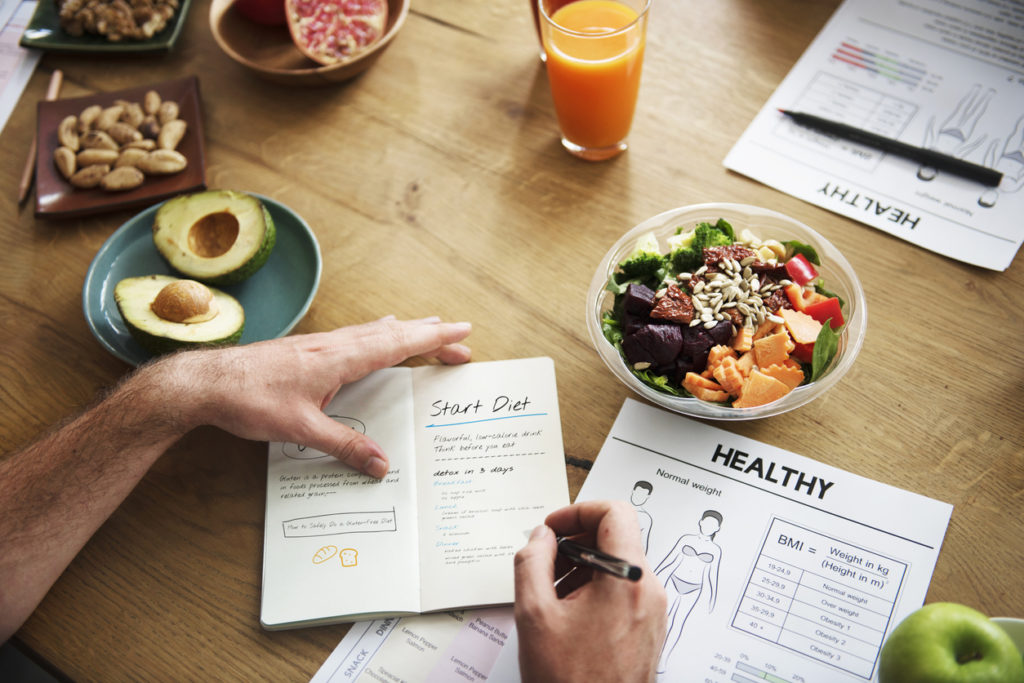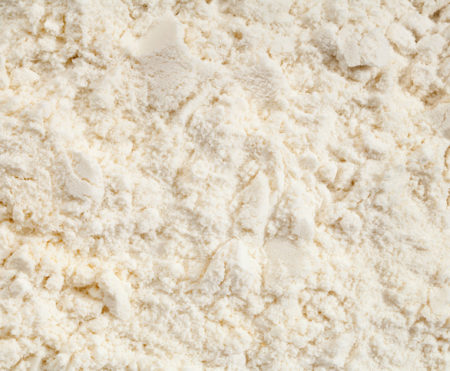Another day another “cutting edge” food fad. From Atkins, Paleo, 5:2 to maple syrup, the barrage of food fads is constant and no matter how many times they are discredited, their aggressive persistence (not to mention the celebrity endorsements) are enough to get folks jumping enthusiastically onto band wagons.
A few weeks ago, I met with an athlete who had decided to follow the Paleo diet. For those of you who are unfamiliar with this, it is based on a diet of foods that were presumed to be eaten by early humans. It includes meat, fish, vegetables, fruit and nuts but excludes dairy, grains, beans/pulses and all processed food. It also insists that everything is made with coconut oil, coconut flour and sugar but I’m still interested to know how this made the cut when I doubt any of these existed back then!
This particular athlete had contacted me as after 6 weeks on this plan, she was feeling awful; lacking in energy but also having severe (gastrointestinal) GI problems, which is a common problem associated with a high fat diet – she had previously eaten a fairly low fat diet but had increased her intake of nuts and was cooking with coconut oil.
Needless to say we went back to a mixed diet, tailored to her training and she contacted me just a few days ago to tell me how much better she was feeling!
So two warnings here firstly don’t take advice from unqualified practitioners – sorry but a personal trainer is not scientifically trained to give this sort of advise. Secondly, be wary of any new fangled fad, involving the removal of whole food groups.
So before you seriously embark on any new nutritional strategy, consider some of the following points:
Don’t be fearful of carbohydrates
We are bombarded with information in the media/social media around carbohydrates being bad for us; the reason why carbs get a bad press is that it is easy to eat the wrong types of carbs to excess. However including nutrient dense sources of carbs such as whole grains, pasta, rice, sweet potatoes, potatoes, oats, beans/pulses, dairy, fruit and vegetables is necessary for the body to function correctly. These foods provide energy but also other key nutrients such as B Vitamins, fibre, calcium, zinc and iron.
The truth about sugar
Everybody is fearful of sugar. However, it is important to explain no food group should be demonised. Eating sugar to excess is not ideal but consuming a small amount even on a daily basis is not a problem.
Should we ditch the dairy?
With so many dairy alternatives on the market from oat, hemp, coconut to almond and even combinations of any of the above, it is easy to think that there must be something wrong with good old milk! However don’t be fooled, these alternatives have little to no nutritional value – have you ever looked on the side of a carton of almond milk? I got one of my athletes to do this recently – he was completely shocked that it contained 0.1g/100ml of protein so from a recovery and nutritional point of view absolutely pointless! Obviously not everyone can tolerate dairy, so in these cases it is best to use soya or lactose free milk as an alternative as these still contain a suitable amount of protein and calcium.
The Coconut Debate
I’m not against coconut at all; In fact in its neat form it is indeed a very nutrient dense food containing, B vitamins Folate and choline; n-6 essential fatty acids; magnesium, phosphorous and selenium all important for necessary chemical reactions in the body.
However now we also have coconut water, flour, oil and sugar. So are they all as good for us as they make out to be? And how do they impact on our running performance. As with most fads, the key message is not to take anything to the extreme so whilst coconut water is great at hydrating, it does lack essential sodium to really qualify as an energy drink.
And it doesn’t stop here, it seems no part of the humble coconut has been unexploited. Indeed the latest kid to join the family is coconut sugar. My main message here is not to be tricked into thinking that just because a dessert recipe contains coconut sugar it makes it a healthier option. Its still sugar and yes it has a slightly lower glycaemic index than table sugar; however its still contains the same number of calories. So that virtuous dessert you just tucked into, exactly the same in energy whether it was made with coconut or table sugar!







